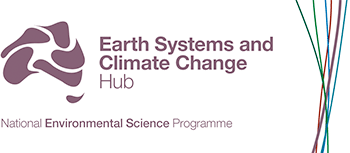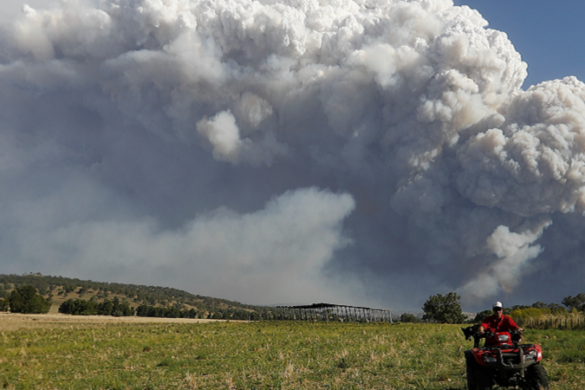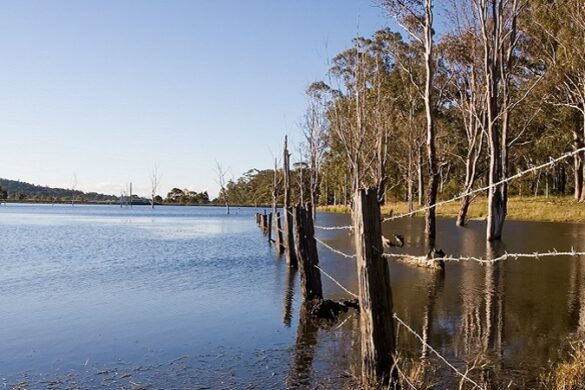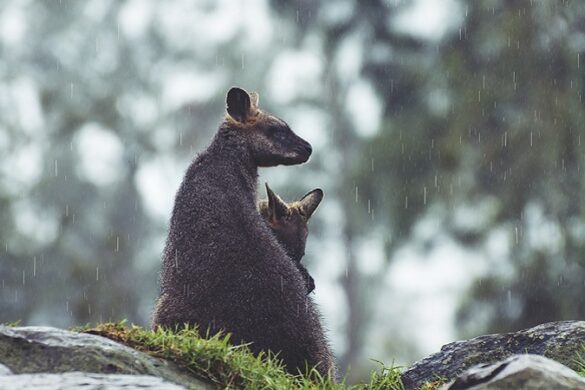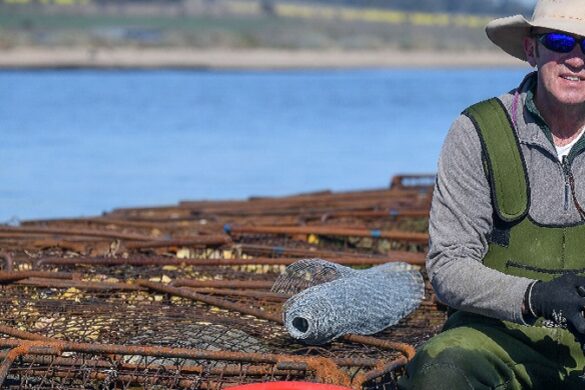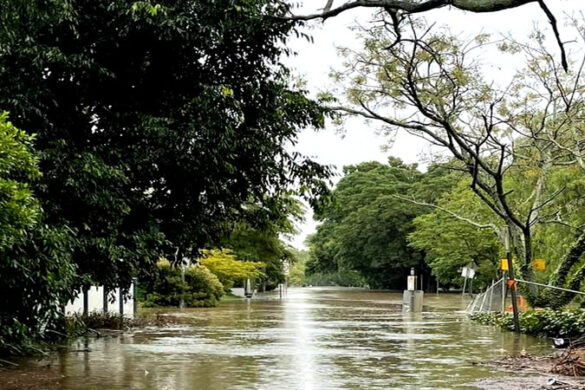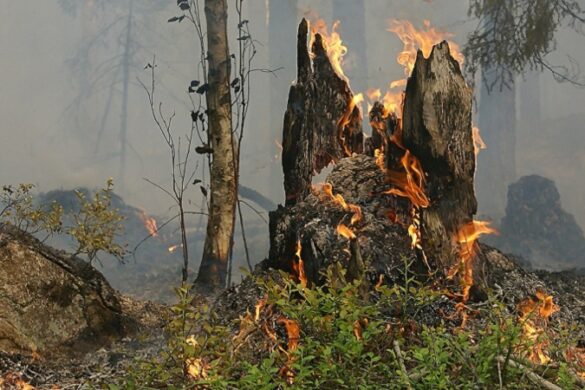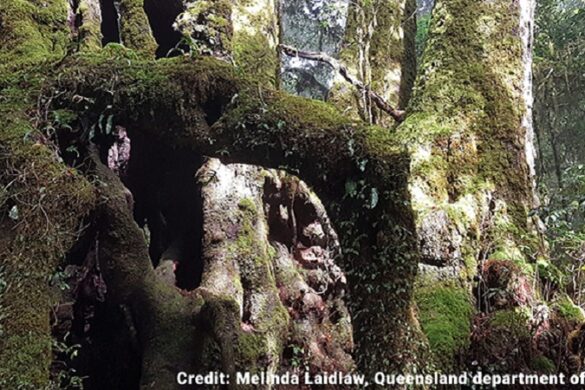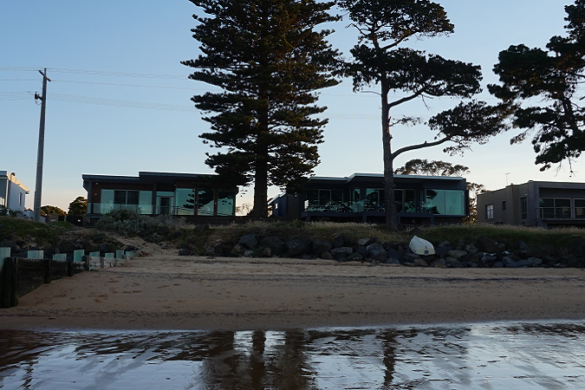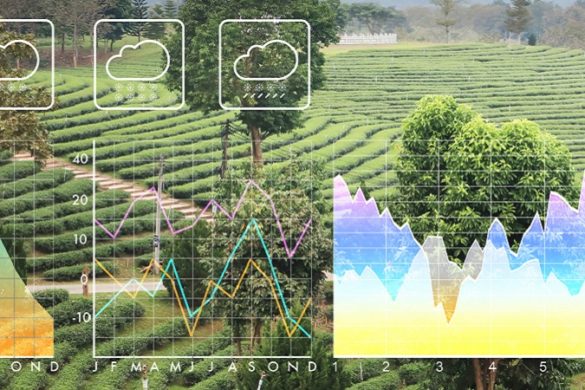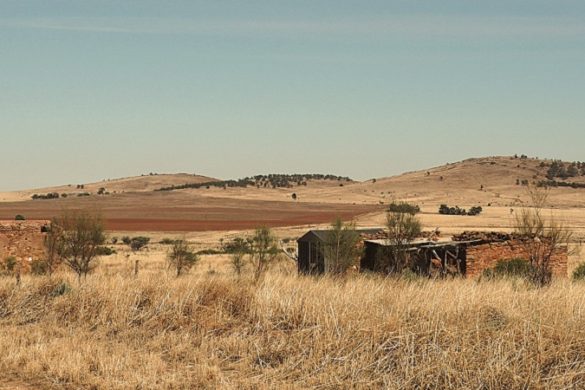The ESCC Hub has investigated how fire-generated thunderstorms, such as those experienced during the 2019/20 Black Summer fires, are formed, their current trends and how these trends may change under a warming climate.
climate change
-
-
The ESCC Hub has conducted a range of research into our changing oceans and coasts, including topics such as marine heatwaves, sea level rise, ocean change, ocean observations, extreme sea level events and much more!
-
News
Co-producing climate research to benefit water resource management in south-west Western Australia
We’ve co-produced climate research to better understand the reliability of farm dams and environment flow in the Wilyabrup Brook catchment of south-west Wester Australia. This will inform future water resource management in the region.
-
News
Exploring climate variability and change and improving the utility of Australia’s national climate model, ACCESS
We’ve explored the key drivers of Australia’s variable and changing climate, and have used and improved our national climate model (ACCESS) to better understand these drivers and how our climate may change into the future.
-
News
Australian guidelines for the implementation of nature-based methods for coastal hazard risk reduction
We’ve filled a critical knowledge gap in coastal management by developing the first comprehensive guideline for nature-based methods for coastal protection specific to Australia
-
Here are 5 things you should know about the Hub’s work on drought and water futures over its lifespan of research.
-
New Earth Systems and Climate Change Hub explores changes to the frequency and intensity of extratropical cyclones under a warming climate, including resulting rainfall pattern changes.
-
Co-designed activities
Providing climate change science expertise into the National Disaster Risk Information Services Capability (NDRISC) Pilot Project
CASE STUDY 5.7: Input by the Earth Systems and Climate Change Hub into the National Disaster Risk Information Services Capability (NDRISC) Pilot Project Climate change is driving an increase in extreme…
-
The Australian State of the Climate 2020 report reveals a picture of long-term climate trends and climate variability. The biennial climate snapshot draws on the latest observations and climate research from the marine, atmospheric and terrestrial monitoring programs at CSIRO and Bureau of Meteorology.
-
News
Demonstrating a sovereign climate risk capability through collaboration with the Australian financial services sector
In early September the Earth Systems and Climate Change Hub, in collaboration with Engineers Australia and the Actuaries Institute, hosted a virtual expo to conceptually scope out how a sovereign climate risk capability for Australia could function.
-
The Earth Systems and Climate Change Hub has teamed up with Gondwana Rainforests World Heritage Area managers to co-produce climate data that will enable them plan and respond to current and future climate impacts.
-
News
Climate change science informs new Australian guidelines for consistent climate risk assessments and disclosures
The Earth Systems and Climate Change Hub has provided scientific expertise to inform the industry-led Climate Measurement Standards Initiative. The initiative has released a set of open-source scientific and technical guidelines that will provide consistent guidance on how to assess the risk of climate-related damage to buildings and critical infrastructure.
-
Understanding trends and changes in erosion rates for coastal locations is important for informing coastal management and planning activities. The Earth Systems and Climate Change Hub is investigating shoreline change in Victoria through the National Centre for Coasts and Climate. Historic shoreline change for nine coastal areas in Victoria was investigated, with results summarised in a series of location-based fact sheets.
-
Webinars
Science webinar: Building partnerships for robust climate risk assessments – why, what, how, when?
In this webinar, ESCC Hub leader Professor David Karoly uses the Hub developed climate toolkit to provide an overview of why and what climate change information can be used for informing robust risk and impact assessments. David also discusses how and when to use climate information in decision making, using a number of current Hub case studies and engagements as examples.
-
News
Science update: Australian Drought – How will it be impacted by El Niño-Southern Oscillation over the coming century?
ESCC Hub research have examined the impact of global warming on the frequency of dry conditions over Australia, and how ENSO and global warming combine and interact to cause the dry conditions.
